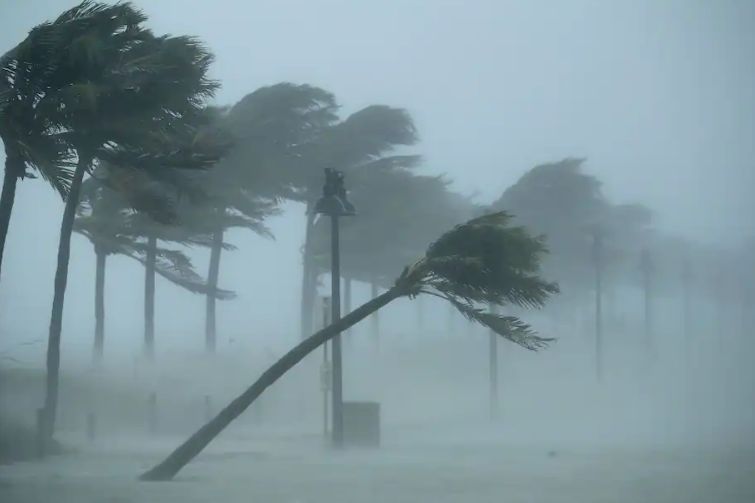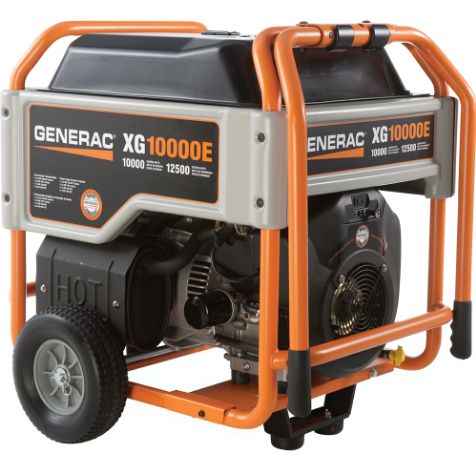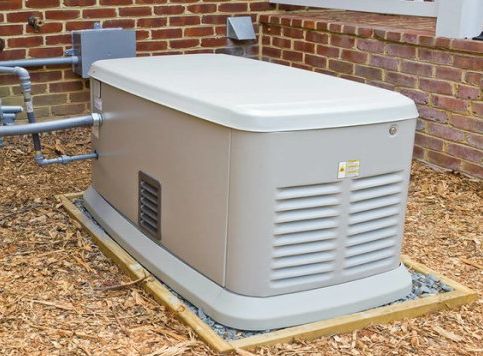04 Aug August 2021: The Most Important Development


Office: 843 846 2500
www.WillisSinclair.com
Info@WillisSinclair.com
August 2021
Number 90

Upstate South Carolina State Representative Stewart Jones and Mandy chatted at a Businesses for Liberty rally near Greenville last month.

From the Desk of Willis
The most important development in the last couple of hundred years is …
What do you suppose was the most important development in the past couple of hundred years? Was it automobiles, airplanes, the Internet, medical advancements, the assembly line, textile factories, highways, huge ships, air conditioning, the transistor, computers, space travel (walking on the Moon) or something else? While all of those are important, I tend to lean towards the generation and distribution of electricity as being most important. Without power, there would be no assembly lines, no automobile factories, no transistors or computers. Our lives today would be dramatically different if we did not have a source of electrical power. We use electricity without even thinking about it (except perhaps when the power bill arrives) or the amazing things it has enabled. When we flip a switch, power is always there to turn on a light, heat or cool our home … until it is not there.
That brings me to the topic for this month: generators. Since the power grid is up so much (probably well over 99% of the time unless you live in California), do you really need a generator? When the power is down, you can just go somewhere else to wait it out, can’t you. Yes, you can evacuate the area and land where the grid is still up, but there are other details to consider.
Typically if the grid goes down, there is bad weather – maybe even a hurricane or tornado. Humidity will be very high. Heavy rain is likely. (Although the power lines are underground on Brays Island, they are not underground getting to Brays, so they are vulnerable to high winds and flying debris.) If you lose power, you also lose air conditioning and just as importantly, you lose the ability to keep the humidity in your home in a reasonable range. Your refrigerators and freezers will also be inoperative. If the outage lasts only a few hours, that is no big deal, but if it lasts days (which is possible during a significant storm), things can get serious.

During a hurricane, most of the immediate damage will be as a result of flying debris. Later, significant damage may occur because the power grid will likely be down. If it is down several days, the combination of high humidity and warm weather will provide ideal conditions for mold and mildew in your home.
The homes in our area are well built, so any immediate physical damage is likely to be caused by flying debris. As the days without power add, the chances of mold and mildew growing in your home increase. Those two – mold and mildew love warm weather and high humidity. Once they start in your home, it is difficult to evict them.
The solution is, perhaps, a generator. Since few solutions are simple, you should not be surprised this one is a bit more complicated than it might seem at first glance.
You could opt for a small (perhaps portable) generator. Those are inexpensive and will power refrigerators and freezers, but probably not too much more. They typically are wired manually when the power fails which may be a bit more complicated than you prefer. They usually burn gasoline which will be in limited supply during power outages. (Gasoline stations need power to pump fuel from their tanks to the customer. No power, no gasoline.) A small generator is probably not a good solution for a typical homeowner.

A portable generator can be useful for powering refrigerators and freezers, but connecting them to your appliances is a non-trivial task. You will also need a source of fuel for the generator. If that were not enough, most portable generators must be started with a pull rope.
A step up from a portable gasoline generator is the “whole” house generator. In reality, “whole house generator” is the name and not the description of the generator. Certainly they can power many appliances in the home, but they can be overloaded unless they have a high power output. In a storm, they can easily run your refrigerators, freezers and air conditioners which is what is critical. Some may enable you to dry clothes or cook (if you use electricity). Usually the “whole house” generators use LP (propane) for a fuel and if you have a generator, you probably have a 500 or 1,000 gallon tank. That will last you for a number of days.
It is true, you can upsize a generator to pick up more of your “whole” house, but keep in mind in addition to costing more, it will also burn fuel faster than a smaller output generator. Having a high output generator is a hollow victory if you run out of fuel.

A whole house generator is permanently connected to your home. Typically, it includes an automatic transfer switch which allows the generator to pick up the load automatically if the power fails. Usually these generators are fueled by LP (propane).
If you are building a new home, a whole house generator will probably cost in the neighborhood of $20K. If you are retrofitting a generator to an existing home, it may be a bit more since some electrical circuits may have to be rearranged so the generator picks up the critical loads. Adding a generator may also require you to upsize or add an LP tank. It is also a very good idea to have your generator serviced annually (at least) to make sure it is working when you need it.
A good whole house generator will start itself whenever it senses the power grid has failed. It will pick up the loads in your home. If you have electronic equipment, it would be a good idea if you have UPSs (Uninterruptable Power Supply or battery backup) connected to them. There is a short time delay between when the grid fails and the generator picks up the load. Sometimes transients on the power line will cause computers to crash and need to reset. A UPS can minimize that problem.
So do you need a backup generator? I think it is a good idea, but like insurance, it is useless until you need it. Since cleaning mold and mildew (not to mention spoiled food) from your home may be expensive, you should at least consider a generator. If you have questions (I am sure you do), call or text us (843 846 2500). We can help.
| Next month, we will discuss types of home insulation, particularly spray foam insulation. |





No Comments